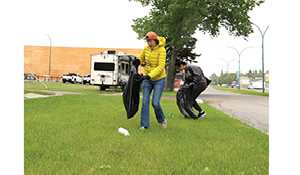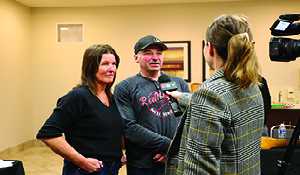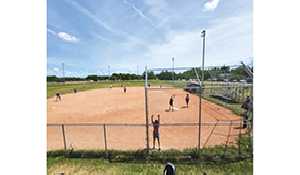Kristjan Hebert Wins 2020 Top Producer of the Year Award
February 13, 2020, 7:21 am
Kevin Weedmark
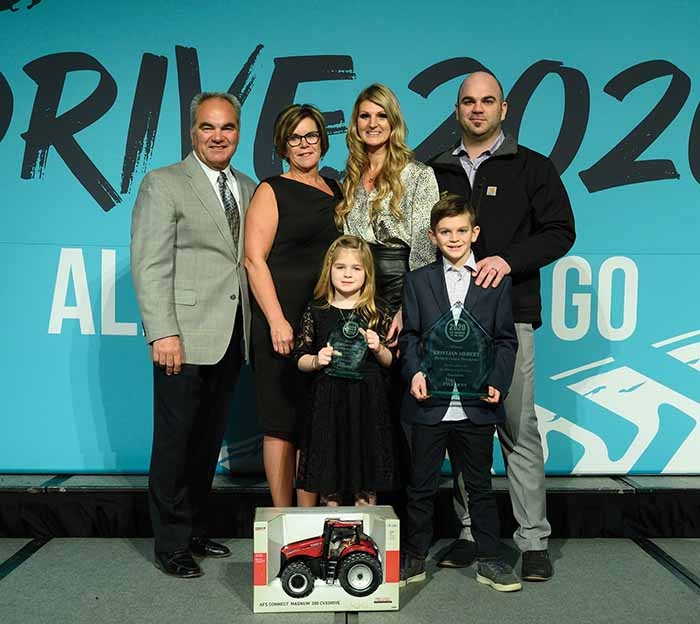

Kristjan Hebert has been named the 2020 winner of Farm Journal’s annual Top Producer of the Year award.
Hebert is managing partner of Hebert Grain Ventures.
The operation includes 22,000 acres of malt barley, canola, wheat, yellow peas, rye and hemp.
In addition, Hebert has formed several businesses that provide everything from risk management and finance consulting to insurance products to human resources technology to CFO services.
“Kristjan Hebert is a visionary—he likes to think big and think revolutionary,” said Sara Schafer, Editor of Top Producer magazine.
“To sustainably expand, Kristjan followed three principles: People are an investment. Technology is an optimizer. Working capital and risk management are the engine.”
The Hebert Grain Ventures team includes eight full-time and five part-time team members. The operation is a partnership between Kristjan and his wife, Theresa, his parents, Jeff Warkentin and Evan Shout.
Hebert also provides consulting in finance. Kristjan and Theresa have two children: Bentley and Ivy.
Also honored as finalists during the annual Top Producer of the Year banquet in Chicago were Becky Berger of Berget International in Hillsboro, Ore.; and Sam Ross of Ross Planting Company in Pioneer, La.
Sponsored by BASF, Rabo AgriFinance and Case IH, the Top Producer of the Year contest is in its 21st year and represents the best in the business of farming.
Three finalists are chosen from numerous applications by a panel of judges based on entrepreneurial originality; financial and business progress; and industry and community leadership.
The three finalists received trips to attend the Summit, as well as sessions with a CEO coach, courtesy of BASF.
The winner also receives the tractor of their choice, either a Steiger Rowtrac or a Magnum Rowtrac from Case IH, for 150 hours of use on their farm, courtesy of Case IH.
From Rabo AgriFinance, the winner receives a spot on one of the company’s upcoming “Connections in Global Ag” international trips.
Kristjan explains that a mentor from his university days nominated him for the honor.
“It was a mentor of mine out of Texas A&M University that nominated us. I can’t even really tell you all the rules and regulations, but I know that you’ve got to be nominated and it can be any producer in Canada or the U.S. There is a five-person judging committee that reviews the nominations. There is a form that we had to do up for an overview, and then financials, and it’s judged 50 per cent on entrepreneurialism, 25 per cent on financials, and 25 per cent on community and industry involvement.
“They select three finalists out of all the nominations and those three finalists are invited down to Chicago to the event. There were around 900 at the event. And then they announce the winner at the event out of the three finalists.”
Hebert didn’t know when he left for Chicago whether he would win or not. “We only knew that we were one of the three finalists when we headed down,” he said.
“It was pretty humbling to be nominated by my main mentor in life from an educational standpoint,” Kristjan says.
“He goes by the name of Dr. Danny Klinefelter. He taught farm management. So to get nominated by him was extremely humbling and even to be up there surrounded by the finalists was humbling.
“I know a number of producers who have won this award over the years. To even be in the same realm with them is pretty humbling.”
He said the whole team at Hebert Grain Ventures deserves credit for the award.
“I don’t think I personally deserve accolades,” he says. “It’s more that I have a really great team that can execute on a dream that I came up with.
“There are a lot of farm families that in the succession process get slowed down because parents are maybe pulling back on the reins and a little afraid of risk, and I never had that problem.
“One thing we do different is we focus a lot on people . . . Technology is good, and equipment can make a difference, but if you don’t have good people you don’t have anything.”
—Kristjan Hebert
“As long as I had a business plan I had parents who were okay with a kid being crazy and chasing dreams. As long as there were some economics behind it, and they supported it.”
He said that often in farm succession, the interest of the parents in stability and security and the interest of the younger generation in growing the business, which can involve risk, can clash.
“One factor is unpredictability, and the second thing is the significant gap in age,” he said.
“Parents on most farms are at the age where they are trying to protect equity and slow down and kids that are starting to take over the farm are in the age where they want to bet it and grow. So I think it’s just a difference in mindset.”
He said his success in agriculture and business depends on his family.
“I am pretty appreciative of my wife and kids,” he says. “Being a farm family can be pretty grueling at some points in time during the year and without those three there is no Kristjan, there is no Hebert Grain Ventures, there is no mission. It’s their support that really drives us to be different, and drives us to hopefully do things a little different in the industry to make it easier and better for our kids.”
He says that when his kids look at their options in life, they look at a life on the family farm as an equivalent option to a career in business or technology.
“My wife and I always say we have the dream that we’d like to give the kids the opportunity to go to a school such as Harvard, but if they get job opportunities from Goldman Sachs or Facebook or Hebert Grain Ventures, then at least the farm is considered on par for the decision.”
What makes Hebert Grain Ventures stand out from other farming operations?
“I’ve seen so many good operations it’s hard to say that ours is any different or any better, but I think one thing we do different is we focus a lot on people.
“Maybe some operations haven’t got there yet, and 10 years ago we sure weren’t there either. Technology is good, and equipment can make a difference, but if you don’t have good people you don’t have anything.
“We spent a lot of time working on a team mentality and doing personality tests on individuals before they are hired and working through different types of personality and task ideas to make sure they are in the right seats when they get there, and focusing on a common goal.
“We also spend a lot of time on the financial side. My background is as a CPA with MNP and really it was the business side of farming that got me interested more than driving a combine. So it’s pretty normal that I’m running schemes and ideas on whiteboards on how we are going to move into the future and do it as a team, and hopefully it benefits not only our operation but our family and all our team members and the community as we do it.”
Hebert says he loves farming.
“I personally wouldn’t pick any other industry to be in,” he says. “I think the future of possibility and opportunities is endless in agriculture.
“On the other hand, I would also say that the two biggest risks in the future of agriculture pretty much tie directly to policy and currency, which then directly affect access to capital and access to people.
“Policy is one of those things that can definitely cause us a lot of pressure when something like the introduction of the carbon tax takes place.
“But I also think as an industry we need to band together a little better than we do when it comes to making sure we are heard on policy versus just complaining that policy doesn’t go our way.
“I think the grower groups are starting to do a lot better job of working together on some of these policies versus having different messages from each group.”
Appreciative
Kristjan says winning the award makes him feel very appreciative.
“I feel humbled and appreciative for what we’ve been able to surround ourselves with, and I feel lucky, really.
“We get to do what we love the majority of time. And yeah, there are hard days, but there are a lot of fun days and a lot of good days.
“There are a lot of people in this world that don’t get to do that.
“The fact that we can do what we love and carry on through the generations, and hopefully leave some sort of a legacy for our great-great-grandkids is pretty neat, and for that we will always feel pretty humbled and lucky.

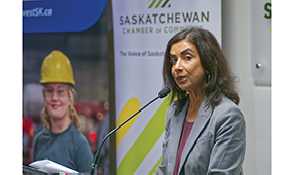

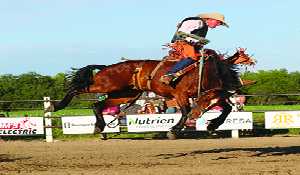



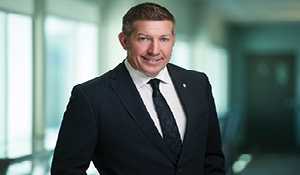
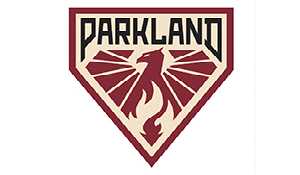
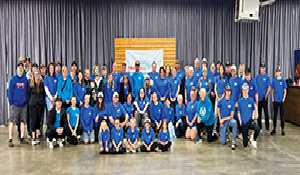
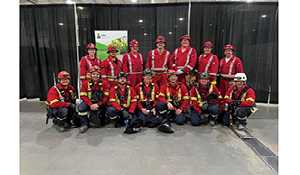
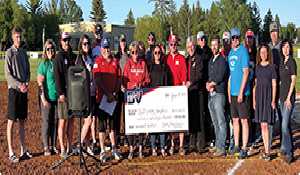
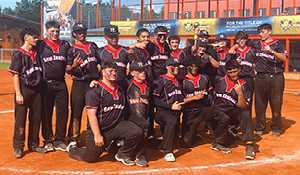
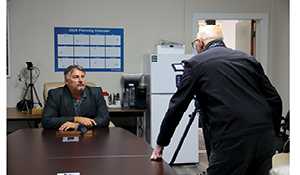
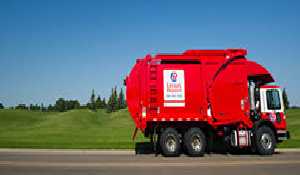
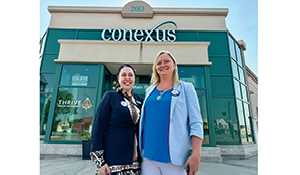
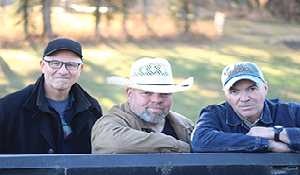
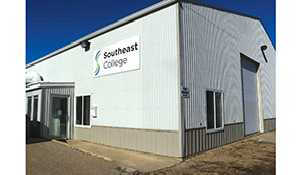
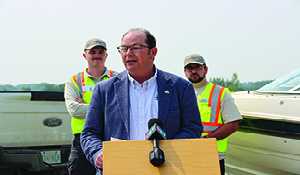
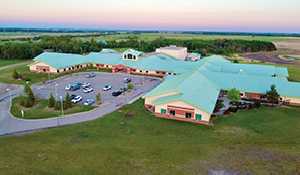
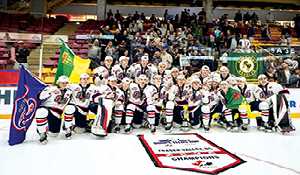
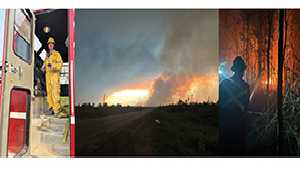

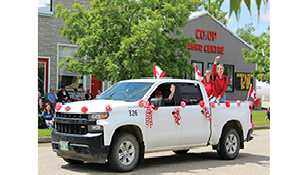
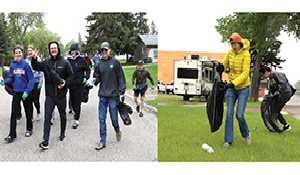
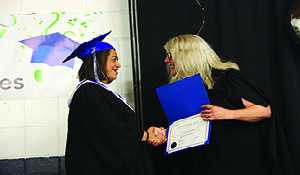
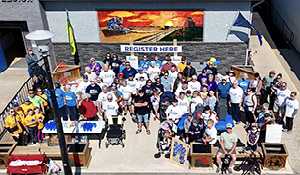
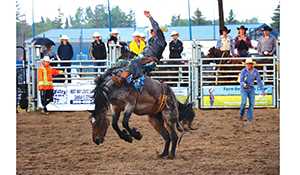
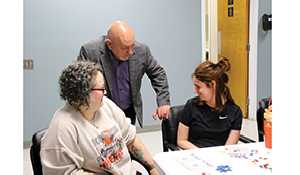
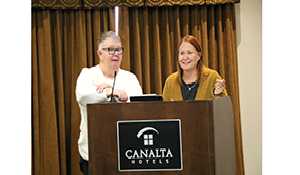

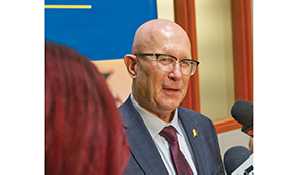
SM.jpg)
